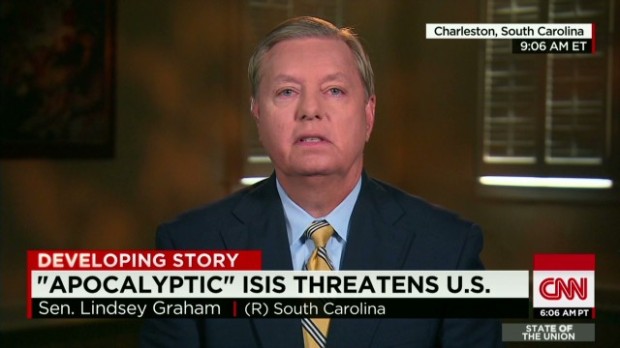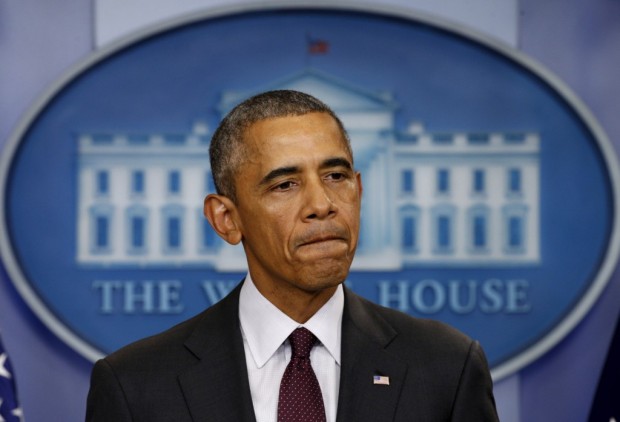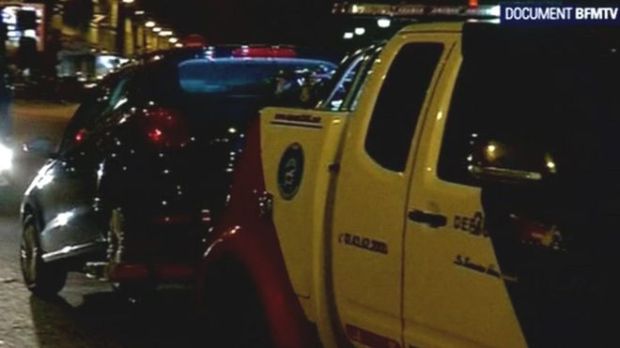by David Kavanagh
More so than before the tragic events of September 11, 2001, media reporting around the world has become unnervingly inundated with stories concerning terrorism and the groups that perpetrate terrorist violence.
In fact, the amount of media coverage given to terrorist activities on a daily basis far outweighs that given to other arguably pressing issues such as climate change and extreme poverty.
In the US specifically, terrorism has taken over cable news, with CNN reportedly mentioning “terrorism” and “ISIS” a combined 831 times between November 21 and December 21 in 2015.
By comparison, in that same period, CNN discussed “climate change” 135 times, “poverty” a mere 34 times, and “CISA”, a contentious piece of anti-privacy legislation of import at the time not at all.

The danger posed by ISIS has been blown far out of proportion by the world media. Source: CNN
In an interview with NPR, US President Barack Obama accused notorious (and also over-reported on) billionaire businessman turned Republican candidate Donald Trump of exploiting blue-collar fears and concerns about Islamic State, and said that the media wasn’t helping either.
“If you’ve been watching television for the last month, all you have been seeing, all you have been hearing about is these guys with masks or black flags who are potentially coming to get you,” he said.
This is a continuing reality, not only in the US but around the globe, despite the fact that terrorism is not actually as much of a threat as the media leads the public to believe.
An ABC chart combining statistics from the Global Terrorism Database and the Gun Violence Archive shows that while terrorism has resulted in 3521 US deaths in the over forty-year period between 1970 and 2014 (including 9/11 – which accounts for 2996 of these), gun-related violence in America killed at least 9940 people in 2015 alone.
In a speech following a mass shooting in Oregon last October, President Obama said the attention given to terrorism over other issues is substantially skewed.
“We spend over $1 trillion and pass countless laws and devote entire agencies to preventing terrorist attacks on our soil — and rightfully so — and yet we have a Congress that explicitly blocks us from even collecting data on how we could potentially reduce gun deaths,” he said.

Visibly upset, President Obama makes a speech following a shooting that killed 13 at a community college in Oregon. October 2015. Source: Kevin Lamarque/ Reuters
“How can that be?”
Furthermore, most of the deaths that do occur as a result of terrorism around the world occur in non-OECD or third world countries, such as Afghanistan, Iraq, Nigeria, Pakistan, and Syria.
According to a 2015 report by the Institute for Economics and Peace, since 2000, less than 3% of terrorism-related deaths occurred in Western countries.
Even so, anti-Islamic sentiments – taking the form of threats and violence against Muslims all around the world – and fear about the possibility of Islamic State terror attacks in the West dominate public debate.
Globally, these fears have in turn led to the adoption of different pieces of legislation that although intended to protect the interests of National Security, are seen by some as threats to civil rights and freedoms.
We are forced to wonder whether it really is necessary for the mass media to report on terrorism as much as it does.
For more of this kind of content, follow Journalytic on Facebook or Twitter

